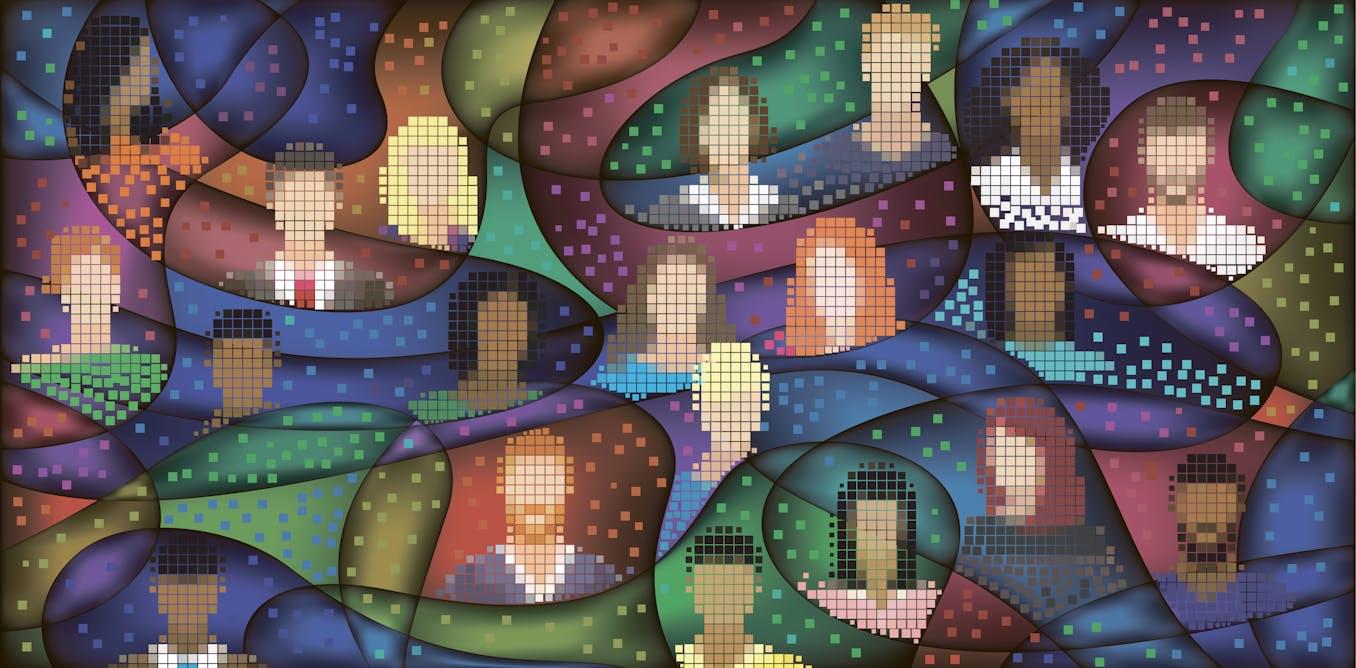Dr. Michael Levin is a professor in the Department of Biology at Tufts University and an associate faculty member at the Wyss Institute at Harvard. He directs the Allen Discovery Center at Tufts, where his team integrates biophysics, computational modeling, and behavioral science to study how cellular collectives make decisions during embryogenesis, regeneration, and cancer.
Levin’s research centers on diverse forms of intelligence and unconventional embodied minds, bridging conceptual theory, experimental biology, and translational work aimed at regenerative medicine. His lab also pioneers efforts in artificial intelligence and the bioengineering of novel living machines.
Read more about Dr. Michael Levin’s work: https://drmichaellevin.org/
X: https://twitter.com/drmichaellevin.
YouTube: @drmichaellevin
John Vervaeke’s YouTube channel: @johnvervaeke
📖 Let’s take our stories back. Check out our latest book in the Tales for Now and Ever series, Rapunzel and the Evil Witch: https://rapunzelbook.com/
Join Fr. Stephen De Young in his Jubilees and the Nephilim course, now streaming live on The Symbolic World: https://www.thesymbolicworld.com/cour… 00:00 — Coming up 01:14 — Intro music 01:40 — Introduction 02:23 — What Michael does 06:19 — Example experiments 07:51 — Memories outside the brain 12:46 — Terminology: memory 13:59 — Communicate to biological cells 15:54 — Limitations? 17:39 — Platonic patterns 34:06 — Incarnation and constraints 39:26 — Causes 49:28 — New beings in new spaces 52:25 — What the Enlightenment dismissed 55:32 — Molecular medicine 57:36 — Subtle bodies 01:00:45 — Ethics 01:03:37 — Medical and meaning applications 01:11:42 — Frightening 01:14:31 — Against the status quo 01:19:03 — Should we dabble in this technology? 💻 Website and blog: http://www.thesymbolicworld.com 🔗 Linktree: https://linktr.ee/jonathanpageau 🔒 BECOME A PATRON: https://thesymbolicworld.com/subscribe Our website designers: https://www.resonancehq.io/ My intro was arranged and recorded by Matthew Wilkinson: https://matthewwilkinson.net/


